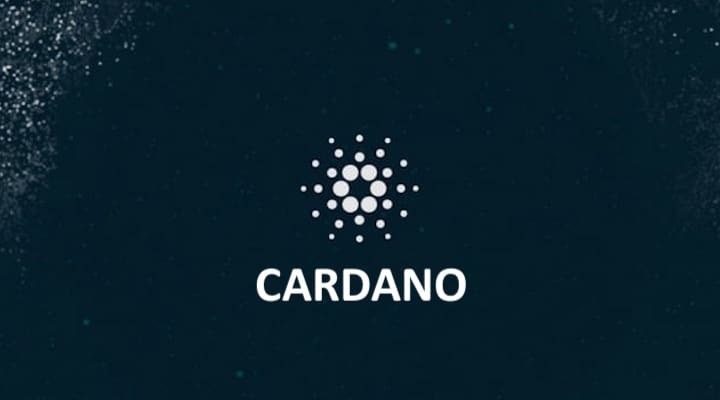Cardano (ADA) staking pools have surged since developers increased the Plutus Script Memory on 21 March. It will be monitored for the next several days.
The proposal was made by Input Output Hong Kong (IOHK, currently known as Input Output Global or IOG for short), the engineering company for Cardano public blockchain. Plutus Script Memory increased from 56 million to 62 million.
ADA memory update strives to increase scalability, which is a must for cryptocurrencies . In addition, Token-burning for Cardano is being developed by the Hydra team. Burning tokens is a common practice that is used to take tokens out of circulation.
The benefits of burning tokens are based on the logic that the fewer tokens that are available in the market, the higher the value of the token.
A burning mechanism in Cardano will also make the coin deflationary. Shiba Inu, for example, has a website that is monitoring the SHIB burns.

source: shibburn.com
Aside from Shiba Inu, BNB, Ethereum , Avalanche and Ripple are some of the top cryptocurrencies that have a burning mechanism in place. Ethereum which Cardano is striving to replace ('Ethereum Killer') has already burned over $6 billion to this date.

source: watch-burn.com
The Hydra team is exploring minting and burning ADA via a Hydra Head. Hydra is a layer-2 scaling solution for ADA, which is crucial following the Alonzo hard fork in 2021.
Hydra Headers were recently launched on testnet.
Alonzo hard fork is allowing developers to build DApps and as well as minting non-fungible tokens (NFTs) on the Cardano blockchain.
Coinbase Offers Staking in Cardano
Earlier today, Coinbase announced Cardano is available for staking in its platform. The approximate annual return for staking Cardano with Coinbase is around 3.75% APY (Annual percentage yield).
After the initial holding period is completed (between 20 - 25 days), staking rewards will be sent every 5 - 7 days. ADAs remains in your account with the ability to exit at any point in time.
The return rate is correlated to the number of staking entities or individuals.

source: stakingrewards.com
Cardano revenue has spiked by +28.45% in the past week with the biggest surge in the past 48 hours. The substantial amount of ADA that was staked on 22 March contributed to the revenue and Cardano price increase in the market.
At the time of writing, ADAUSD gained approximately +29% since the beginning of the week.
1.5 Billion Cardano Pools Spike
Pool.com reported 23 new Cardano pools were created in less than 24 hours, which were behind the sudden spike of +1.5 billion ADA staked cryptocurrencies that are divided across these new pools.

source: Twitter
What seems to be a common factor in these ADA pools is that they are all named after well-known scientists. Some of these crypto staking pools are:
Rampant Violet Hawking
Elegant Gold Heisenberg
Kind Orange Heisenberg
Keen Lemon Fermi
Periodic Sinopia Hopper
Tall Zaffre Darwin
Optimistic Olive Hypatia
Relaxed Mustard Hopper
Lucky Azure Gauss
Gleaming Cyan Davinci
Upbeat Beige Euler
Wacky Gold Maxwell
All these Cardano pools have a 5% margin with at least 2 entities or individuals with over 30 million. Below are the details of Wacky Gold Maxwell pool (WGM).

source: pool.pm
According to pool.com, the pool metadata is hosted on bison.run domain, which is also used by bisontrails.co. BISON pool is currently part of Coinbase.
Cardano Vs. Ethereum
Cardano's current TPS is around 250. A single Hydra Head adds 1,000 TPS to the network. As a result, 1,000 ADA pools may provide the cryptocurrency with the ability to process up to 1 million transactions per second.
This is definitely a huge step for Cardano. Additionally, it may explain the newly created ADA pools, which are almost aligned with the launch of Hydra in testnet.
Adding ApeCoin on the Ethereum blockchain, which currently has well over $2 billion in trading volumes may attract new projects to the Ethereum blockchain rather than Cardano.
Staking yields for Ether may reach as high as 10% to 15% when the upgrade is live later in 2022.
The next major hurdle for Cardano is the $1.20 hurdle. If the price succeeds in firmly breaking above $1.21, the price may attempt to target the next resistance level around $1.60.


















